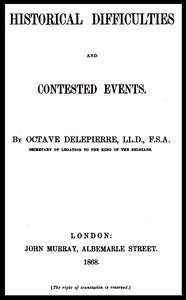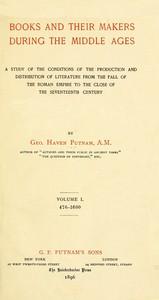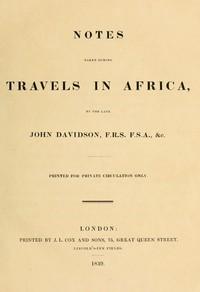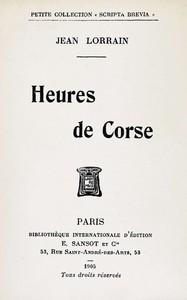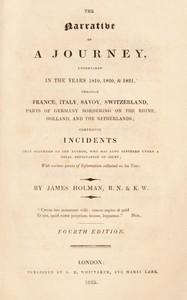|
|
Read this ebook for free! No credit card needed, absolutely nothing to pay.Words: 38555 in 16 pages
This is an ebook sharing website. You can read the uploaded ebooks for free here. No credit cards needed, nothing to pay. If you want to own a digital copy of the ebook, or want to read offline with your favorite ebook-reader, then you can choose to buy and download the ebook.

: Historical difficulties and contested events by Delepierre Octave - History@FreeBooksThu 29 Feb, 2024 BIBLIOGRAPHICAL INDEX 167 INTRODUCTION. The age in which we live seems remarkable for its appreciation of men of renown, and for the homage rendered to them. Societies that are still in their youth are liable to be dazzled by the superficial wonders of historical tradition, and to allow their admiration to be easily taken captive; but an epoch ripened by experience, and by a long habit of literary criticism, should rather reserve its enthusiasm for ascertained facts, and for such deeds of renown as are beyond the pale of doubt and discussion. Thus we find in the present day a marked predilection, not only as a matter of general utility but also from a sense of justice, for a keen research into every doubtful point of history. Nations as well as individuals need the maturity of time to appreciate at their real value the actions and the traditions of past ages. The art of writing history has two very distinct branches, the combination of which is essential to the production of a complete historian. A research into, and a criticism of, events with no other aim than to elicit truth, is one branch of the historical art; the other is the resolution to interpret, to describe, to give to each event its full signification and colouring; to put that life into it in fact which belongs to every human spectacle. It is only the first part of the task that we propose to undertake in these essays. Seneca has said that we must not give too ready credence to hearsay, for some disguise the truth in order to deceive, and some because they are themselves the victims of deception. Other Greek and Latin writers have also warned us against a too ready faith in popular traditions. How many errors bequeathed to us by the historians of antiquity owe their enlarged growth, ere they reached us, to their passage through the middle ages. De Quincy tells us that if a saying has a proverbial fame, the probability is that it was never said. The same opinion may be held of a great many so-called historical facts which are perfectly familiar even to the ignorant, and yet which never happened. "Books," says the Prince de Ligne, "tell us that the Duke of Alba put to death by the hands of the executioner in the Low Countries eighteen thousand gentlemen, while the fact is that scarcely two thousand could have been altogether collected there. Who is there who now believes in the story of Dionysius the Tyrant becoming a schoolmaster at Corinth? We may cite again the often-mooted question of the exhumation of the body of Cromwell, and of the outrages committed on his remains by order of Charles II: the interesting but imaginative picture of Milton dictating Paradise Lost to his daughters, while, if we may believe Doctor Johnson, he never even allowed them to learn to write. Modern historians, however, are often equally incorrect. Among them we may quote the poet laureate Southey, who was guilty of a remarkable perversion of facts regarding one of the wisest men of the 19th century. We should not know where to stop if we attempted to bring forward examples of all the improbable and the untrue in history. We shall confine ourselves therefore to the examination of a few of the most universally accredited facts, the truth of which, to say the least, is extremely doubtful. We at one time entertained the project of reconstructing the critical work of the Abb? Lancelotti already mentioned, by enlarging its scope. This rare and scarcely known book would have served us as a basis, upon which we should have proceeded to review history in general. It would have been an instructive and a pleasant task to demolish falsehood in order to arrive at truth; to set aside, in good faith, worn out platitudes, deeds of heroism resting on no proof whatsoever, and crimes wanting the confirmation of authenticity; but when we set ourselves to estimate its extent, we shrank from so laborious an undertaking. Alfred Maury would have convinced us that Caesar never said, and never would have said, to the pilot "Why do you fear? You have Caesar and his fortunes on board," &c. Free books android app tbrJar TBR JAR Read Free books online gutenberg More posts by @FreeBooks
: Books and their makers during the Middle Ages by Putnam George Haven - Copyright; Manuscripts; Books History 400-1450; Printers; Freedom of the press History To 1500@FreeBooksThu 29 Feb, 2024

: Notes taken during travels in Africa by Davidson John - Morocco Description and travel@FreeBooksThu 29 Feb, 2024
|
Terms of Use Stock Market News! © gutenberg.org.in2025 All Rights reserved.

